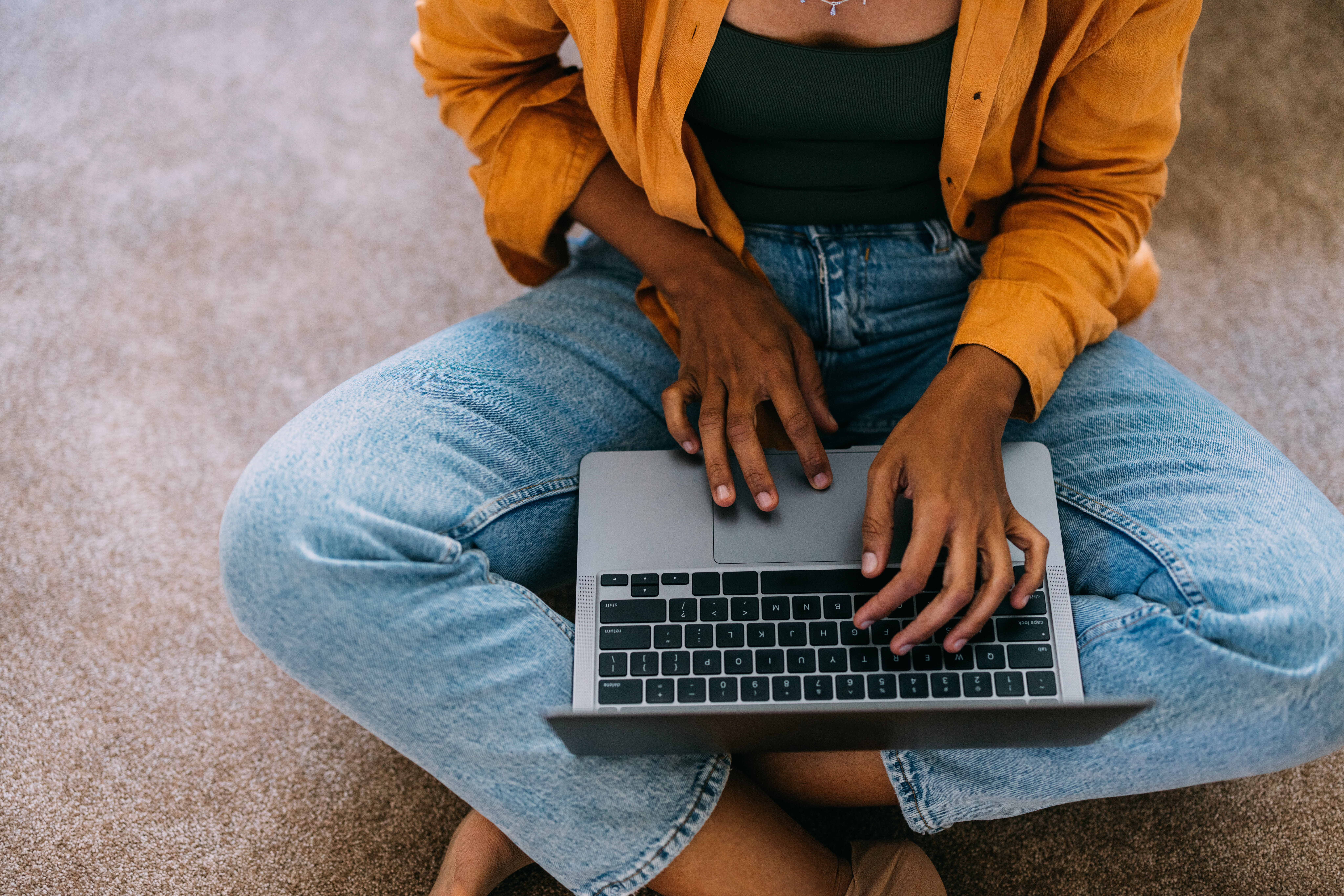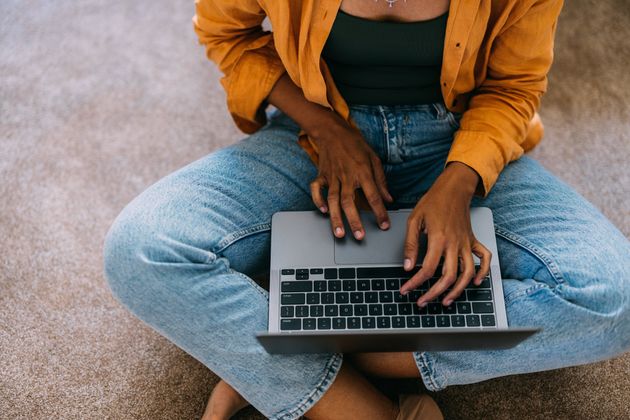
New research into revenge porn has revealed that young people are at the risk of abuse.
The report, conducted by major cybersecurity firm Kaspersky with support from the Revenge Porn Helpline, a UK charity helping adult victims of intimate image abuse, is the largest ever to understand the extent of the intimate image abuse (or ‘revenge porn’) problem globally.
While younger generations tend to think that they are more tech-savvy than their elders, the study has revealed a fundamental shift in attitudes towards online sharing of intimate images.
Advertisement
Of the poll of over 9 thousand people worldwide, a quarter admitted that they have shared images of themselves with people they are chatting to, with the number increasing to 50% amongst 25–34-year-olds.
Security experts urge people to take caution when sharing intimate images
A third of the UK respondents confirmed that they either know somebody who has survived revenge porn or have actually experienced it themselves. The report also highlighted that this form of abuse is particularly pronounced among younger generations, with 69% of 16-24 year-olds and 63% of 25-34 year-olds reporting such experiences.
David Emm, Principal Security Researcher, Kaspersky, said: “Our research highlights the increasing normalisation of a critical societal issue: the public, especially younger individuals, are sharing intimate images in increasing numbers without considering the consequences.
“Over the past 25 years, technology has made capturing and sharing such images effortless, and there have been significant shifts in behaviour and attitudes towards online dating, accelerating the trend of sharing intimate messages.”
Advertisement
Emm advised that awareness of the risks that are being taken can empower people to make more informed digital choices.
How to protect yourself against revenge porn
The experts urge people to follow this advice to stay safe:
- Think before you post. Be mindful of who you share your data with and when. Always consider how the content you share online might be interpreted and used by others
- Understand which messengers are safe and which have end-to-end encryption
- If you think you are a victim of revenge porn, keep evidence, and report it to the police and platforms where you believe your data is available
- Always check the permission settings on the apps you use, to minimise the likelihood of your data being shared or stored by third parties – and beyond – without your knowledge
- Use a reliable security solution like Kaspersky Password Manager to generate and secure unique passwords for every account; resist the temptation to reuse the same one
- Utilise StopNCII.org, a global online tool to help protect intimate images from being shared online across some of the most widely used platforms across the world
Help and support:
If you, or someone you know, is in immediate danger, call 999 and ask for the police. If you are not in immediate danger, you can contact:
- The Freephone 24 hour National Domestic Violence Helpline, run by Refuge: 0808 2000 247
- In Scotland, contact Scotland’s 24 hour Domestic Abuse and Forced Marriage Helpline: 0800 027 1234
- In Northern Ireland, contact the 24 hour Domestic & Sexual Violence Helpline: 0808 802 1414
- In Wales, contact the 24 hour Life Fear Free Helpline on 0808 80 10 800.
- National LGBT+ Domestic Abuse Helpline: 0800 999 5428
- Men’s Advice Line: 0808 801 0327
- Respect helpline (for anyone worried about their own behaviour): 0808 802 0321





